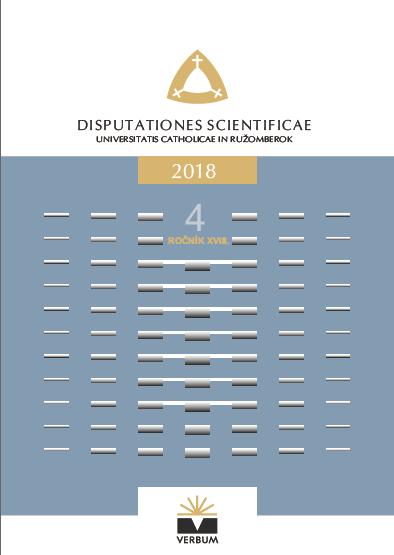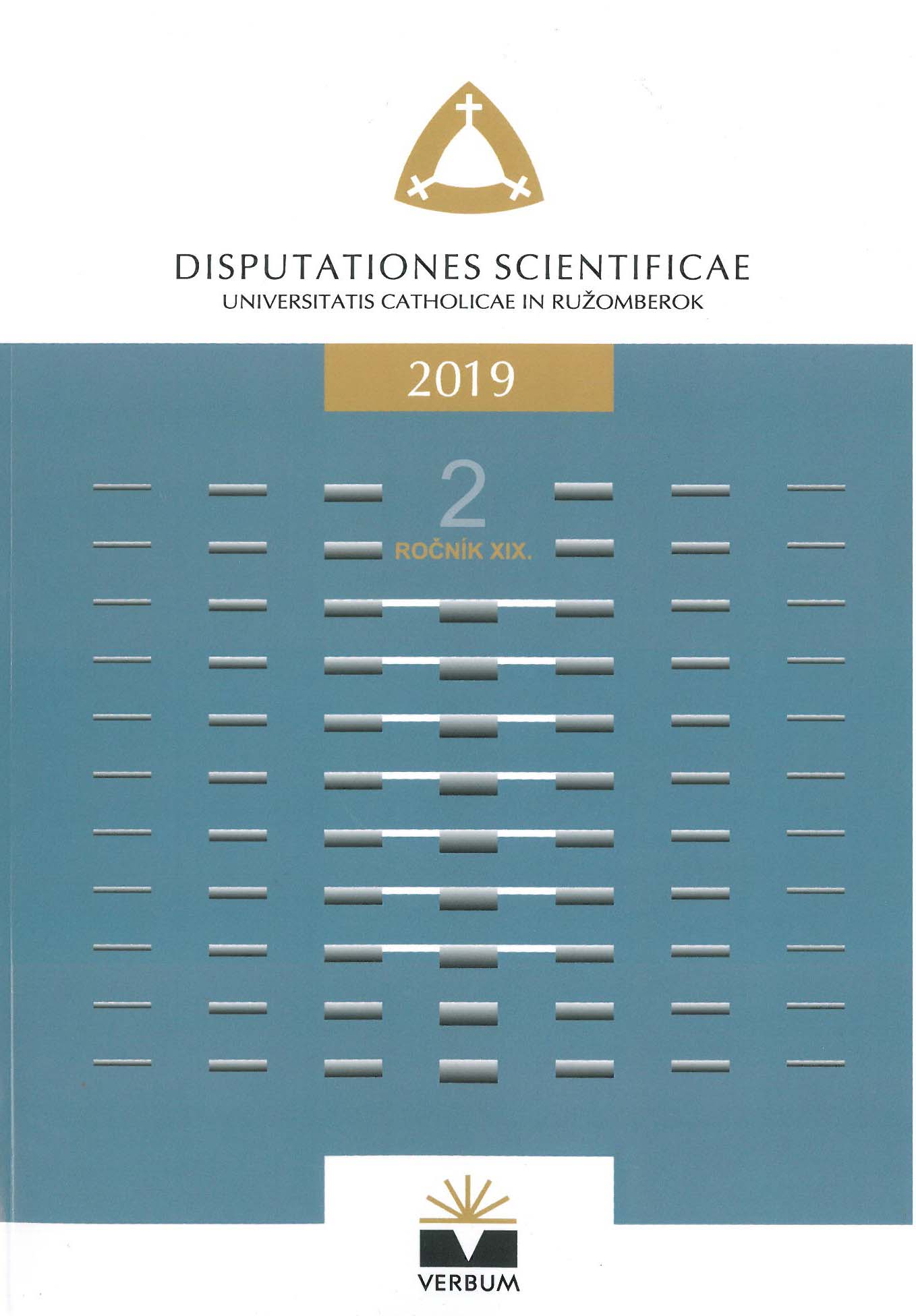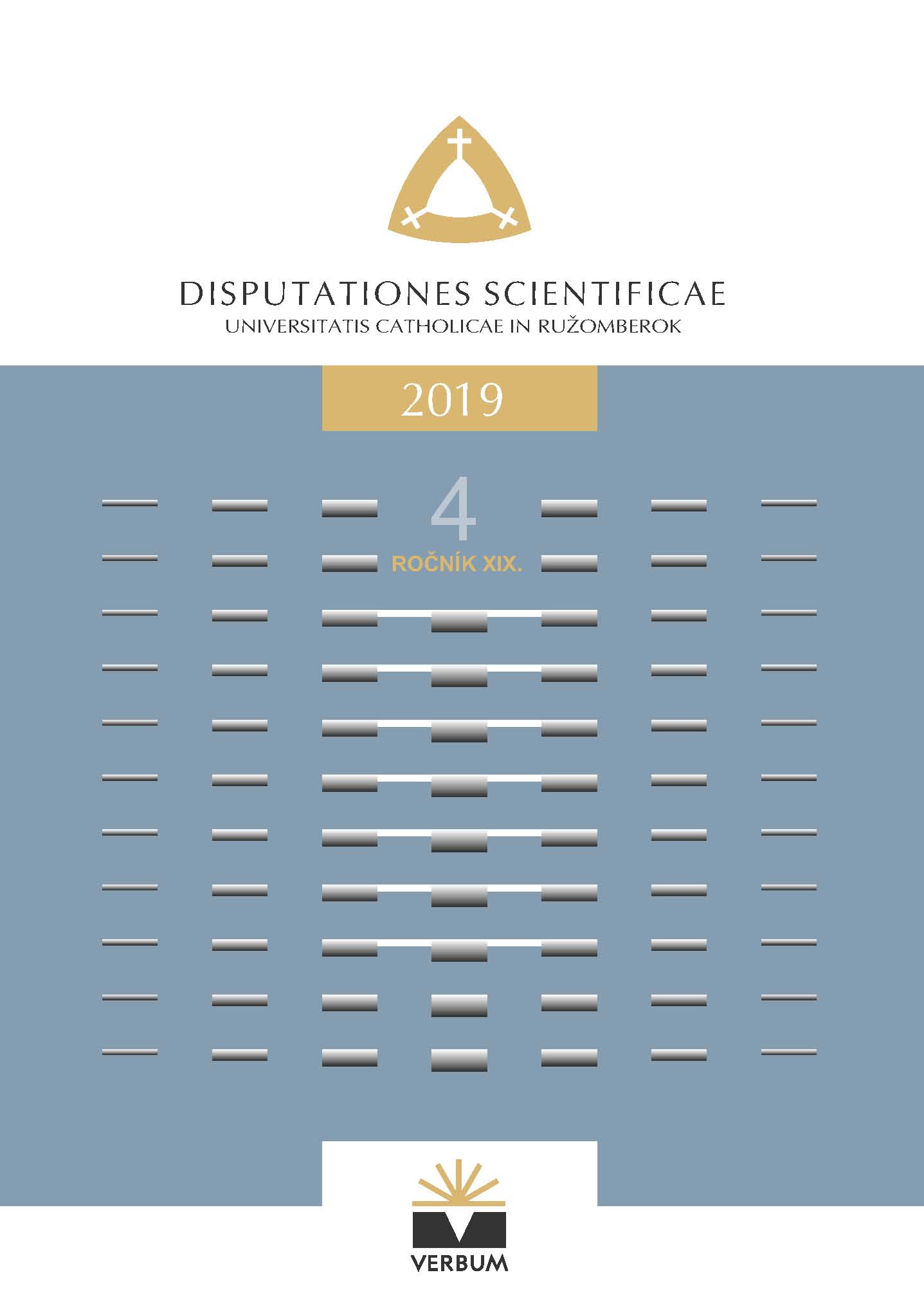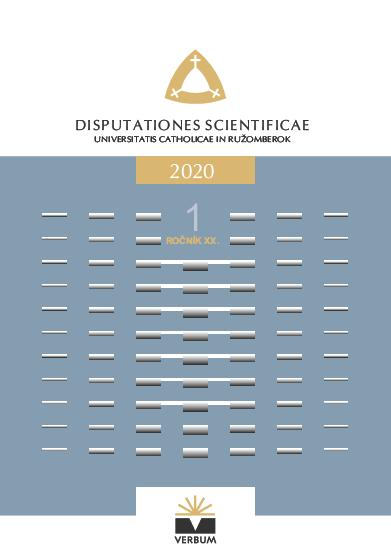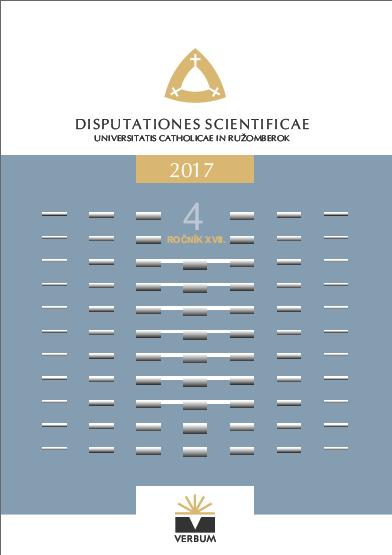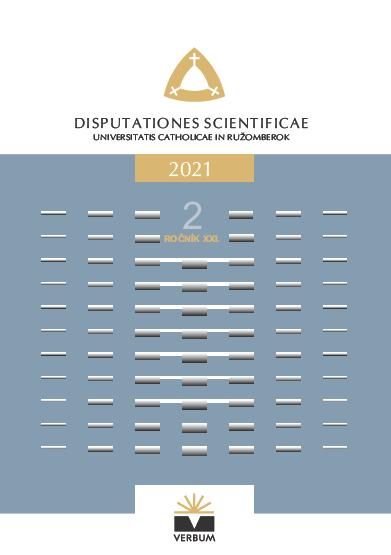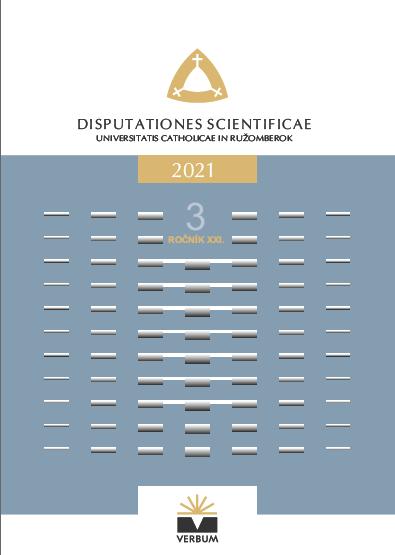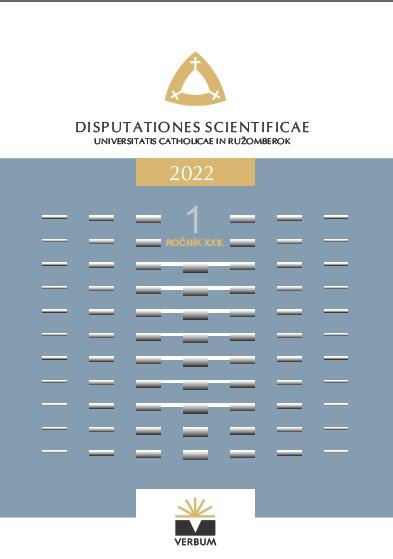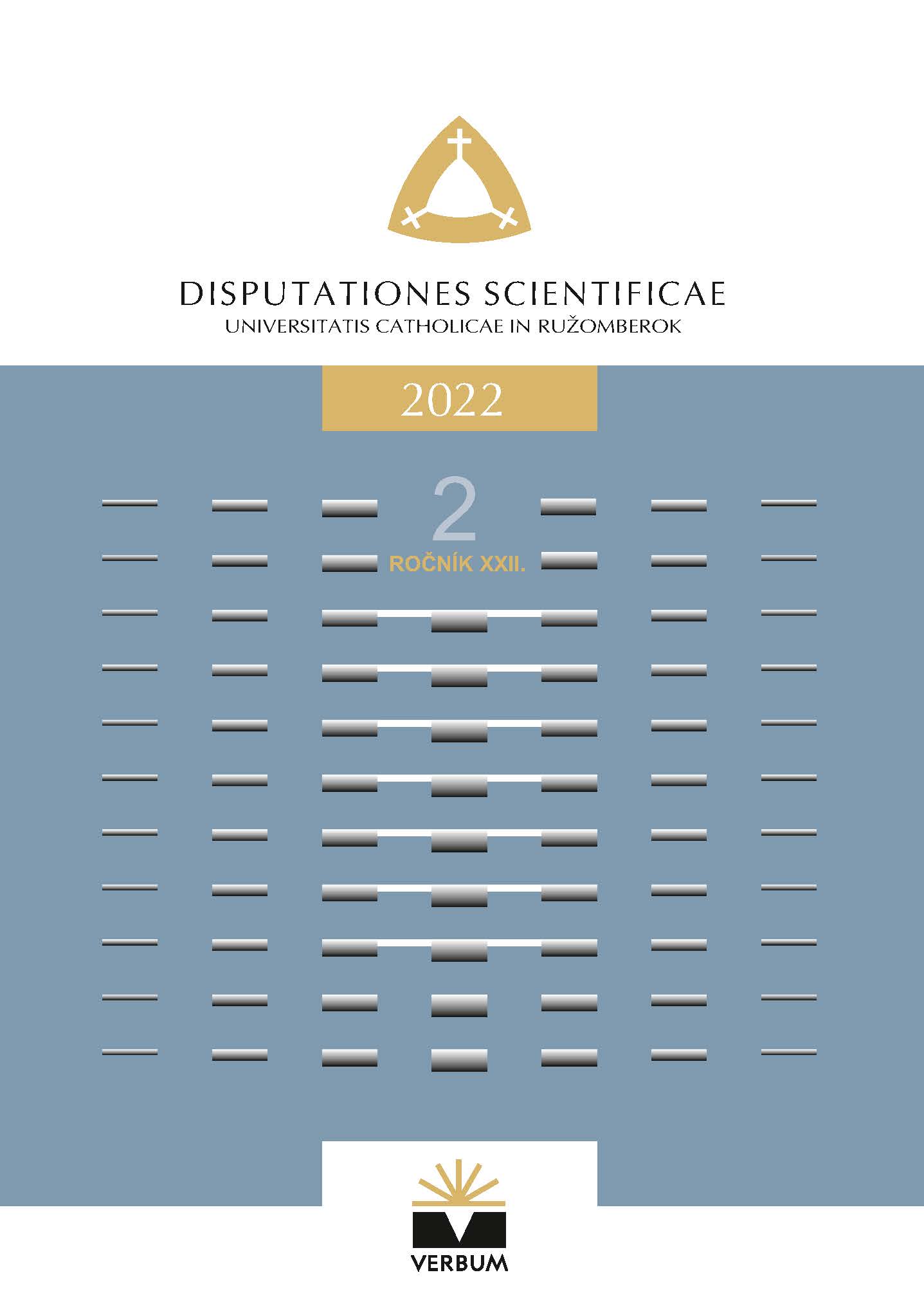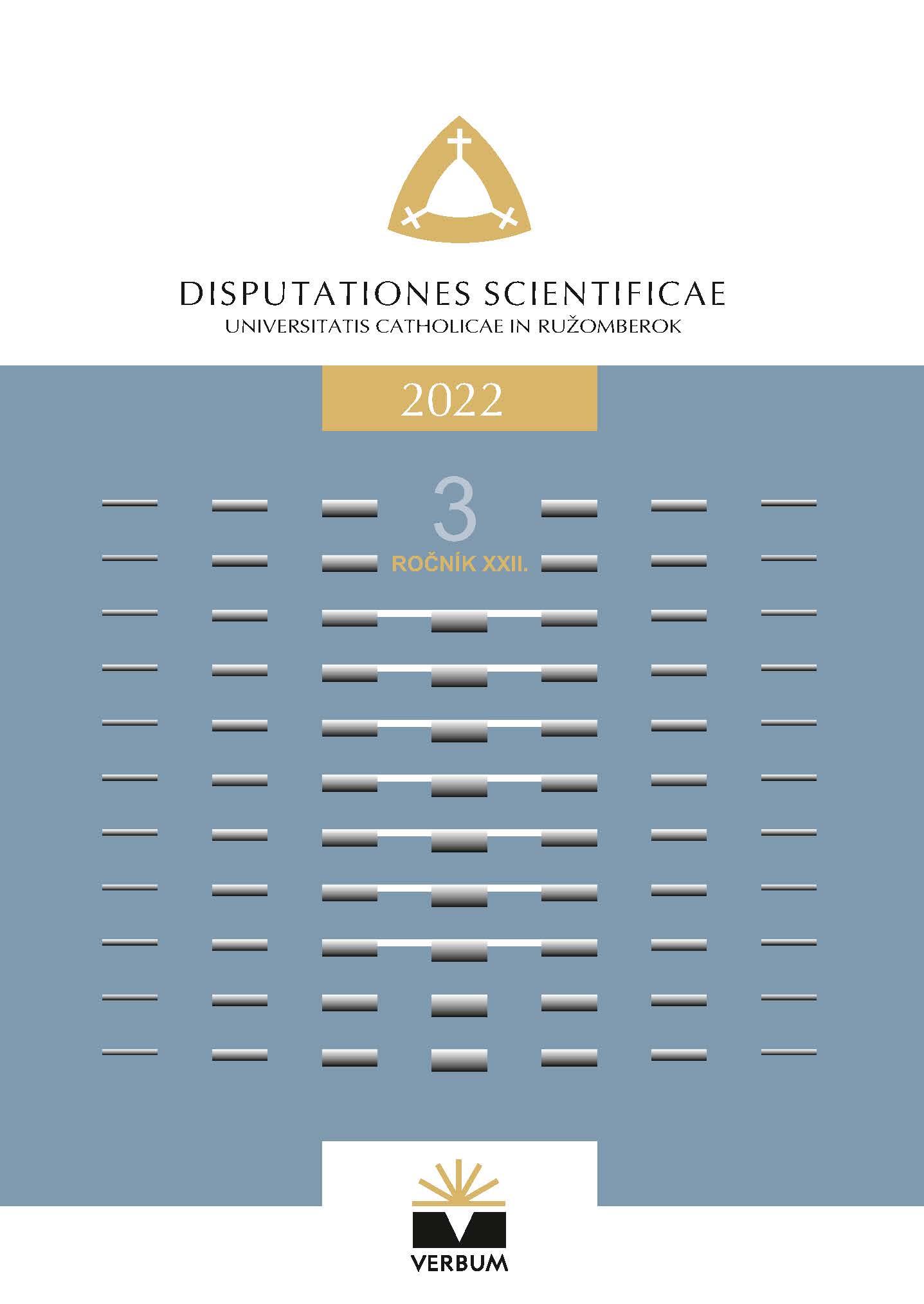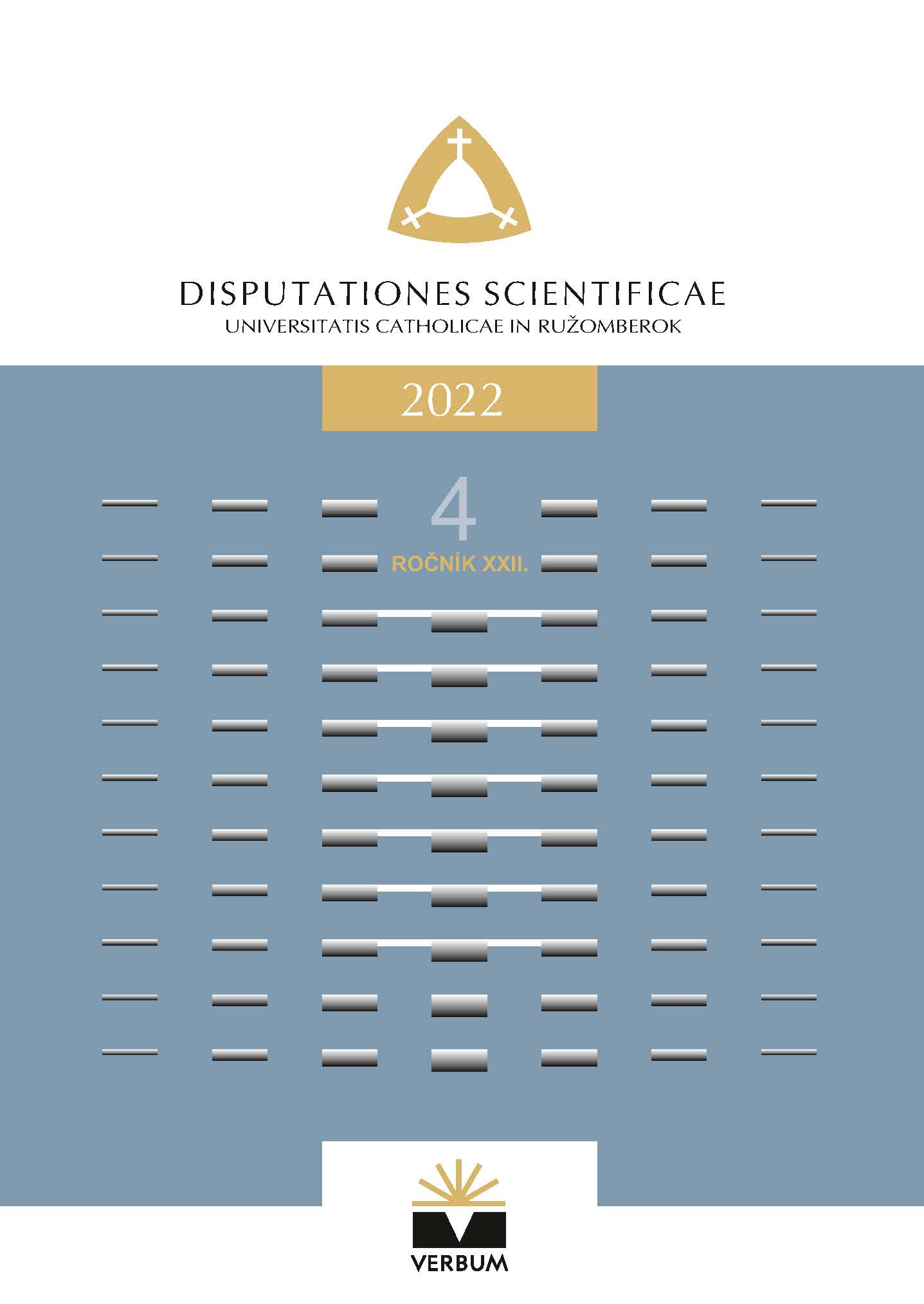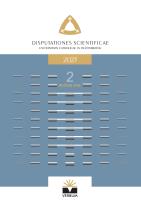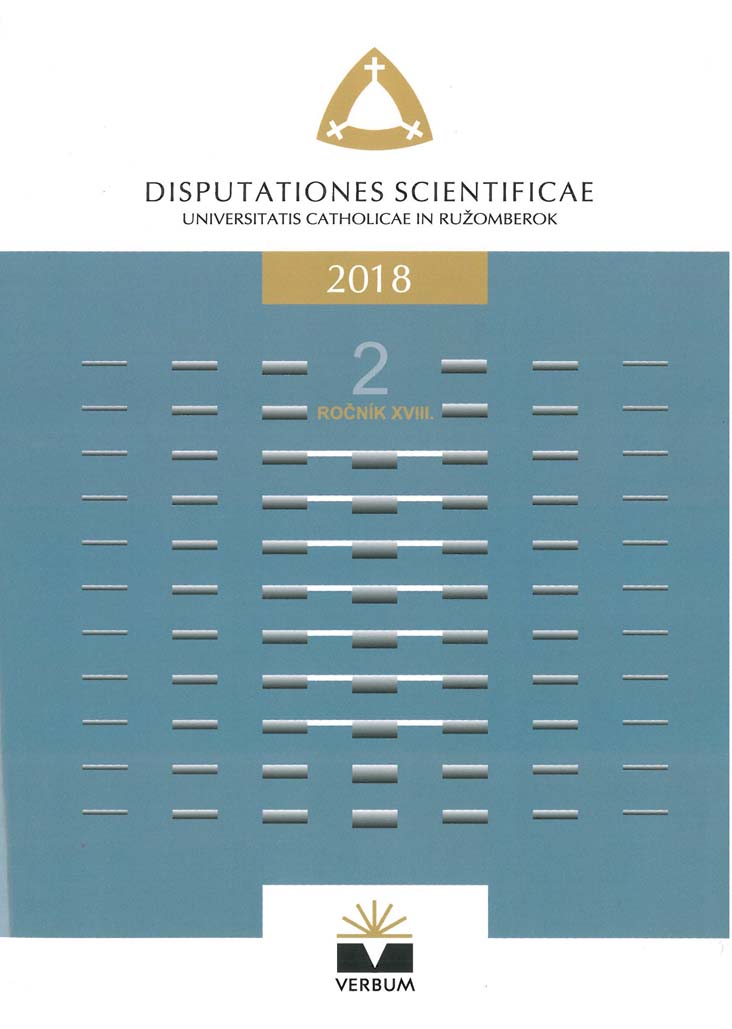
Morphogenetic Soil Classification System of Slovakia
Morfogenetický klasifikačný systém pôd Slovenska
Keywords: Soil horizon; Soil groups; Soil types
The paper presents basic information about the new morphogenetic classification system of soils of Slovakia (Societas pedologica Journal, 2014). It is a basal reference taxonomy of basic soil units, their nomenclature and categorization. During last period from publication of Morphogenetic Soil Classification System of Slovakia in year 2000 has accumulated the new knowledge about soils on the world and national levels. The effort wide group of authors has been included in the present classification. A number of changes occurred in the whole system, especially for reasons of compatibility with international classification, which are also considered as one of the priorities of the system adjustment. Comparing to the first edition from the 2000, the main differences lie in the following: highest taxonomic level of the system now contains 14 of soil groups where were added vertic, umbric, organic and technogenic. Soil type level contains now 24 types, the formal group of anthropogenic soils is treated in more details. Added umbrisols, hortisols, technosols. Reconstrunction on the level of soil subtypes was also done. Some soil horizons were newly defined, quantified and signed. Textural classes are distinguised closely to the worl system, but now they include also stoniness and specific classification of organic soils. A new classification of parent material was adopted. Lower taxonomic levels variety, form, subform and phase were refined in more detail.
More...
